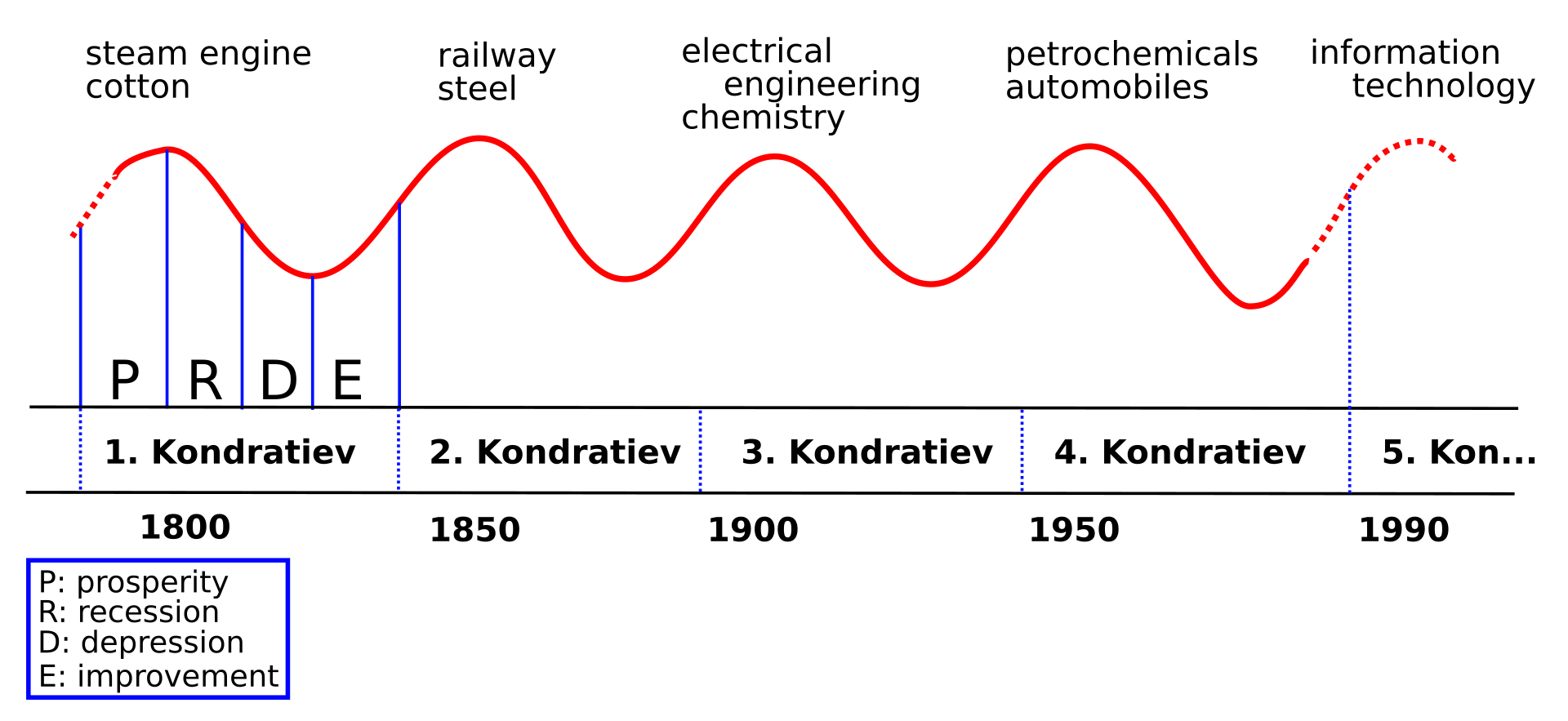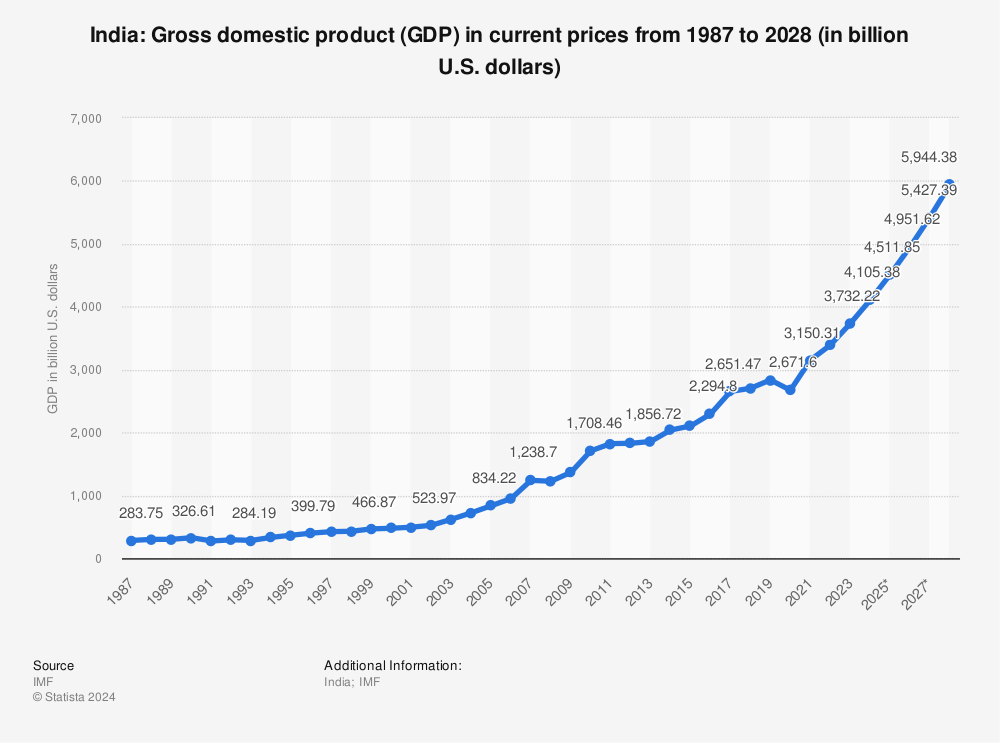
Live Economics
Sunday, February 24, 2019
Monday, January 28, 2019
Thursday, September 13, 2018
Reforms Scorecard For India
Dear All,
Visit Link: http://indiareforms.csis.org
Study Themes:
We will be engaging in a discussion in class on these sectors once we finish 1991 New Economic Reforms.
The idea is to know, how far we have come from NEP - 1991.
How much more we need to move ahead in order to compete with developed and emerging economies.
Class Participation scores will emerge from these discussions
Posting that is direct copy from Internet will invite NEGATIVE MARKING. Blog Post carefully.
Visit Link: http://indiareforms.csis.org
Study Themes:
- Agriculture
- Industry
- Market Access
- Infrastructure
- Services
- Fiscal
- Energy / Mining
- Defense
We will be engaging in a discussion in class on these sectors once we finish 1991 New Economic Reforms.
The idea is to know, how far we have come from NEP - 1991.
How much more we need to move ahead in order to compete with developed and emerging economies.
Class Participation scores will emerge from these discussions
Posting that is direct copy from Internet will invite NEGATIVE MARKING. Blog Post carefully.
Sunday, August 19, 2018
Amartya Sen on Capabilities and Functionings
Citation: Thomas Wells, The Internet Encyclopedia of
Philosophy, ISSN 2161-0002, https://www.iep.utm.edu/, 19/08/18.
TASK: Identify the 'Resources' that were made available to
you and reflect on how it has changed your capabilities.
Functionings and Capability
 “When
evaluating well-being, Sen argues, the most important thing is to consider what
people are actually able to be and do. The commodities or wealth people have or
their mental reactions (utility) are an inappropriate focus because they
provide only limited or indirect information about how well a life is going.
Sen illustrates his point with the example of a standard bicycle. This has the
characteristics of ‘transportation’ but whether it will actually provide
transportation will depend on the characteristics of those who try to use it.
It might be considered a generally useful tool for most people to extend their
mobility, but it obviously will not do that for a person without legs. Even if
that person, by some quirk, finds the bicycle delightful, we should
nevertheless be able to note within our evaluative system that she still lacks
transportation. Nor does this mental reaction show that the same person would
not appreciate transportation if it were really available to her.
“When
evaluating well-being, Sen argues, the most important thing is to consider what
people are actually able to be and do. The commodities or wealth people have or
their mental reactions (utility) are an inappropriate focus because they
provide only limited or indirect information about how well a life is going.
Sen illustrates his point with the example of a standard bicycle. This has the
characteristics of ‘transportation’ but whether it will actually provide
transportation will depend on the characteristics of those who try to use it.
It might be considered a generally useful tool for most people to extend their
mobility, but it obviously will not do that for a person without legs. Even if
that person, by some quirk, finds the bicycle delightful, we should
nevertheless be able to note within our evaluative system that she still lacks
transportation. Nor does this mental reaction show that the same person would
not appreciate transportation if it were really available to her.
The Capability
Approach focuses directly on the quality of life that individuals are actually
able to achieve. This quality of life is analyzed in terms of the core concepts
of ‘functionings’ and ‘capability’.
- Functionings are states of ‘being and doing’ such as being well-nourished, having shelter. They should be distinguished from the commodities employed to achieve them (as ‘bicycling’ is distinguishable from ‘possessing a bike’).
- Capability refers to the set of valuable functionings that a person has effective access to. Thus, a person’s capability represents the effective freedom of an individual to choose between different functioning combinations – between different kinds of life – that she has reason to value. (In later work, Sen refers to ‘capabilities’ in the plural (or even ‘freedoms’) instead of a single capability set, and this is also common in the wider capability literature. This allows analysis to focus on sets of functionings related to particular aspects of life, for example, the capabilities of literacy, health, or political freedom.)”
Subscribe to:
Comments (Atom)
